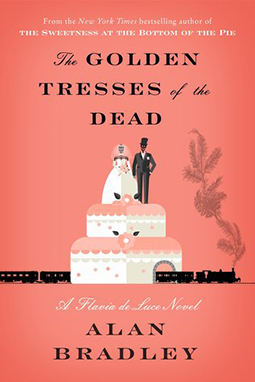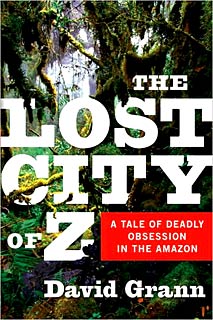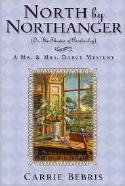This review contains affiliate links, which earn me a small commission when you click and purchase, at no extra cost to you. Thank you for supporting my small business and allowing me to continue providing you a reliable resource for clean book ratings.
By now, on this still-so-satisfying 10th outing with Flavia de Luce, one knows that the mysteries in these mystery novels are not the reason one reads Alan Bradley’s books. The mysteries would be standard fare without the magic ingredient of precocious British tween Miss Flavia de Luce, the irresistible and clever chemistry-lover who is drawn to death like flies to a corpse. Now, she is fatherless as well as motherless, and she’s the official owner of the de Luce estate Buckshaw. What matters most is that she still has a chemistry lab. She still has her two sisters, Ophelia (or Feely) and Daphne (Daffy), but at the beginning of this new story, Feely and Dieter Schrantz are getting married. And Flavia has become a partner in investigative work with her father’s friend and devoted family butler/gardener/driver/all-round handyman, Arthur Dogger.
A couple of mysteries present themselves at the beginning of this book: first, Feely finds a severed human finger in her wedding cake. Second, a local woman comes to Arthur W. Dogger and Associates for help in finding some lost letters. Eventually, there’s a murder. And naturally Flavia, this time aided by Dogger, gets to do some investigating.
Dogger had played a smaller part in books up until the ninth of the series, and it’s been sweet to see him come more to the forefront, to watch his character take on new roles through the eyes of the narrator, Flavia. She loves him and is protective of him because she has seen over the years the terrors he relives regularly because of his experiences in World War II. She is amazed in several places in this book to watch him talk more than she’s ever seen him talk and interact with others, and she is reminded how much she doesn’t know about him but is enjoying finding out some of those things as they spend more time together. Readers get to observe him as well through Flavia’s still limited point of view as a young person, precocious though she may be in certain aspects of life, and draw conclusions about him based on what they know about life as older people (much of the audience likely are not tweens or teens). This brings a certain extra depth to the story and is just as endearing and sweet as other similar points have come up over the series.
As always, The Golden Tresses of the Dead didn’t disappoint and, as always, I’m already eager for a new installment.
Rated: Mild. There are a handful of uses of mild language, a few instances of taking the Lord’s name in vain, and a couple of instances of terms offensive to British ears that are not offensive to Americans. There are a few just mildly gruesome instances related to body parts and death.
*I received an ARC in exchange for my honest review.
Click here to purchase your copy of The Golden Tresses of the Dead on Amazon.




